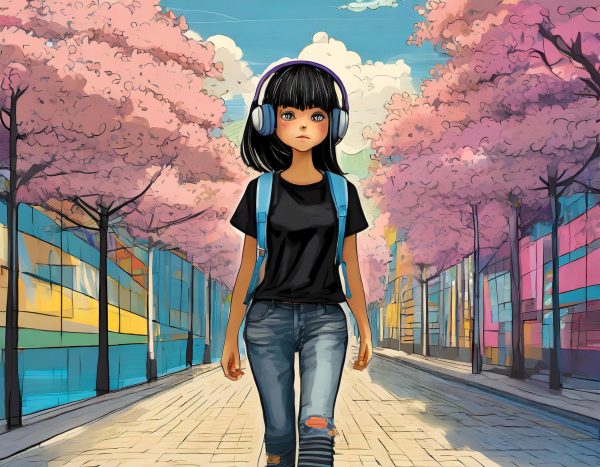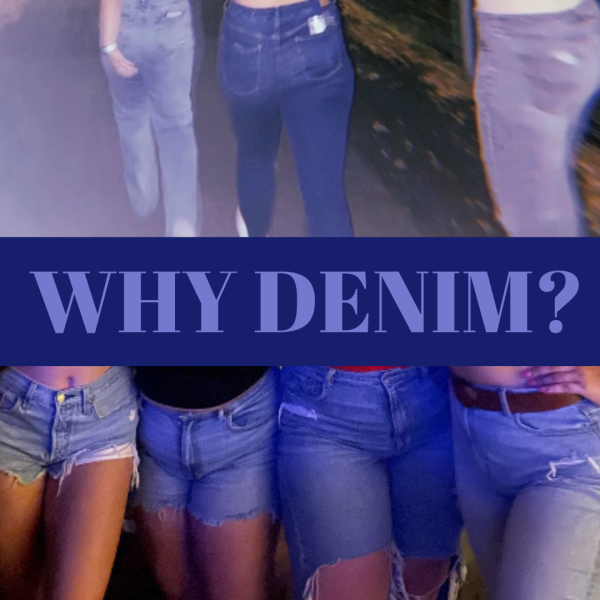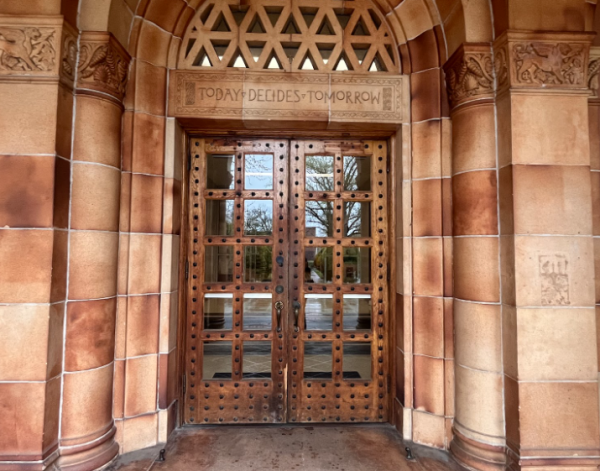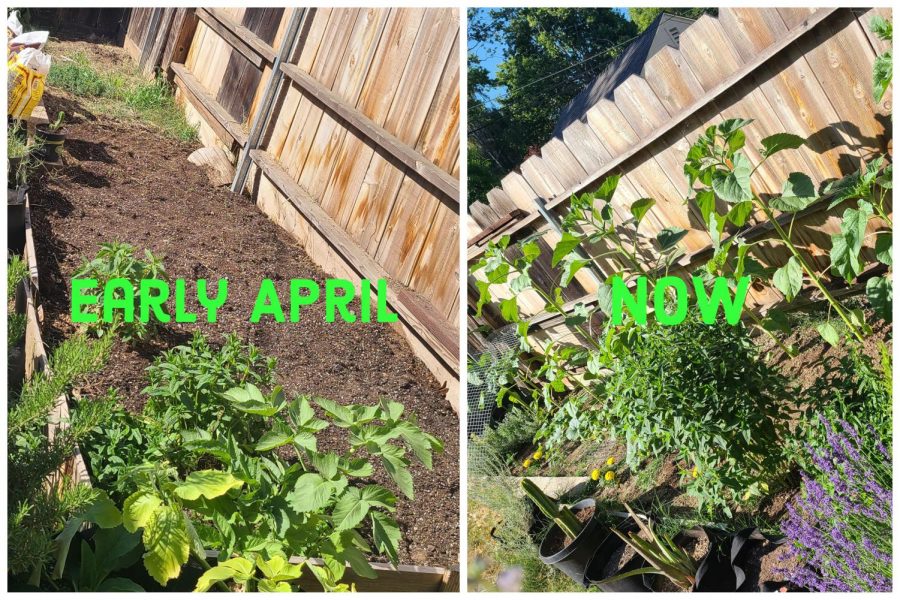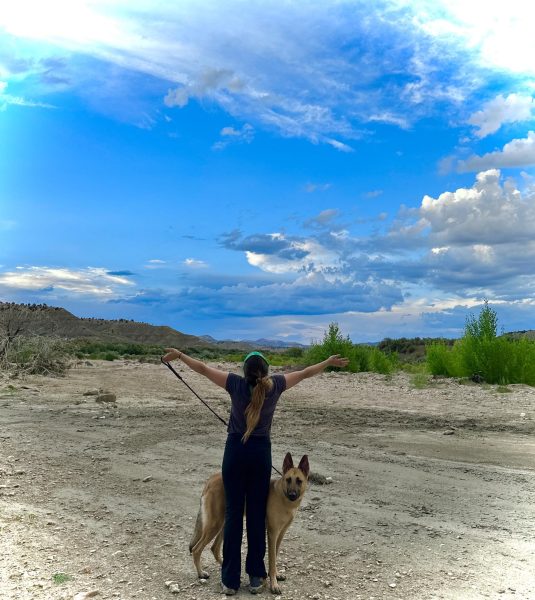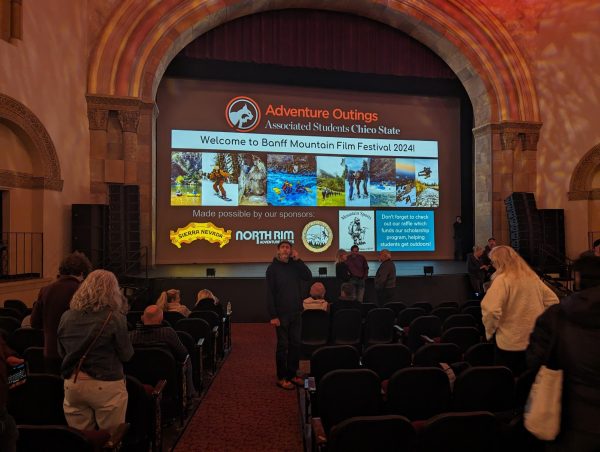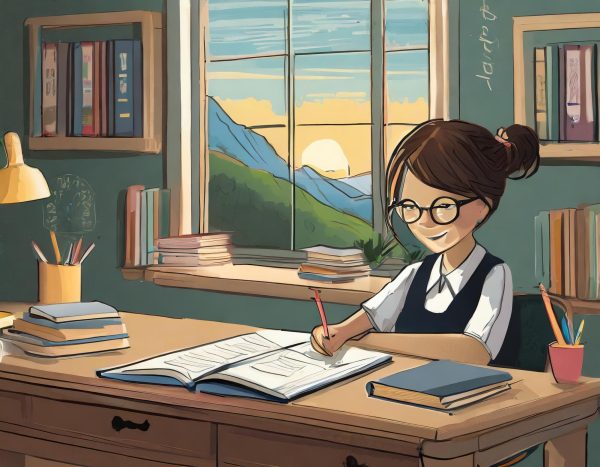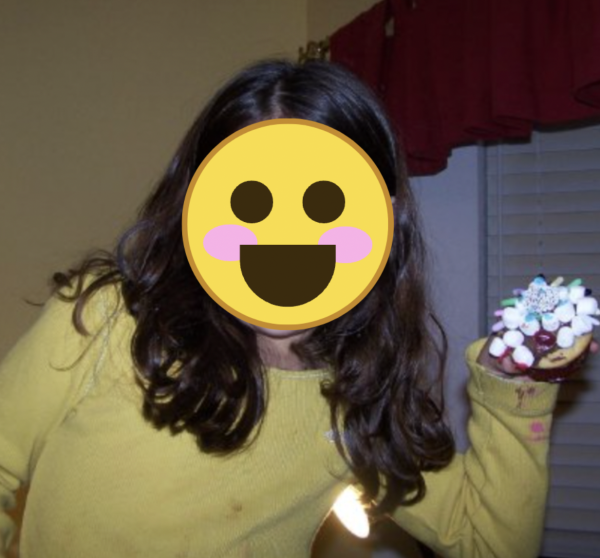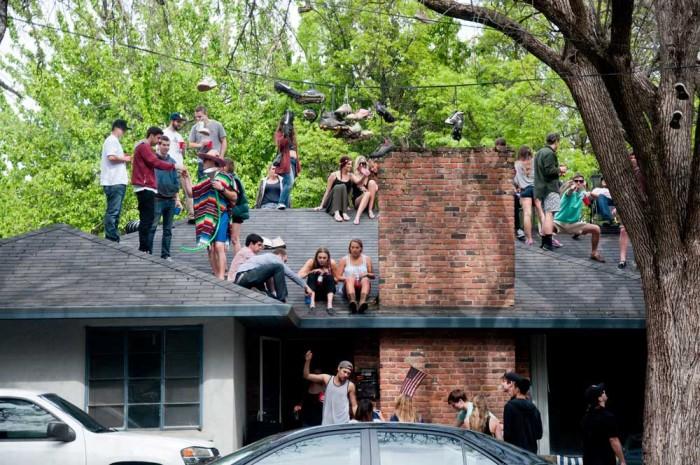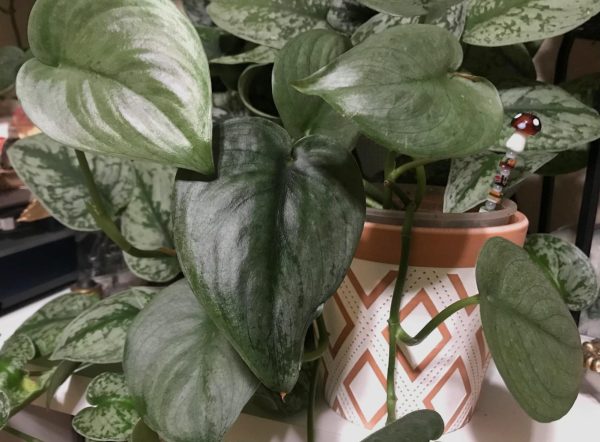Gardening builds health and empowers communities
Photos taken by Shae Pastrana and edited in Adobe Spark. What a bare garden bed can look like a month and a half later. Sunflowers are almost blooming!
Between the sunlight and my plants, a misty rainbow greets me every morning as I water my lush green babies. The dopamine from a hand glued to a smartphone doesn’t compare to the mood that I get from a thriving garden. No Snapchat filter or abundance of likes simulates that feeling.
Spring marks the start of my ultimate self-care routine. I think gardening is the best medicine for recovering our health, wellbeing, academic focus and also helps with food security. Looking around Butte County, I see a community that wants this view on gardening to be societally normalized as much as I do.
Chico State’s horticulture professor, Lee Altier of the College of Agriculture, started California’s first horticultural therapy course in 2016. He was inspired by his past work helping small farmers establish food security. He said teaching has made him appreciate “how horticulture offers so much more than commodity production.”
For years, Altier worked with Chico State’s 3-acre farm through the Organic Vegetable Project, providing research opportunities for students learning regenerative farming methods. The OVP educates students on food security and cultivation and donates excess produce to the Hungry Wildcat Food Pantry.
Altier sees sustainability beyond just environmental science, looking further to the realm of social aspects. By this, he means that sustainability requires a network of social support, including support for disabilities and mental disorders.
Altier said “applied social sustainability” is about “making sure we take care of each other.”
Altier added that he feels like he helps to promote this more holistic view of sustainability through his class, which attracts students of disciplines ranging from nursing to teaching.
Altier taught horticultural therapy to many places outside of academia, including Chico’s non-profit organization Little Red Hen. One of my favorite plant nurseries, Little Red Hen employs developmentally disabled adults. All sales and donations benefit programs for people with developmental disabilities.
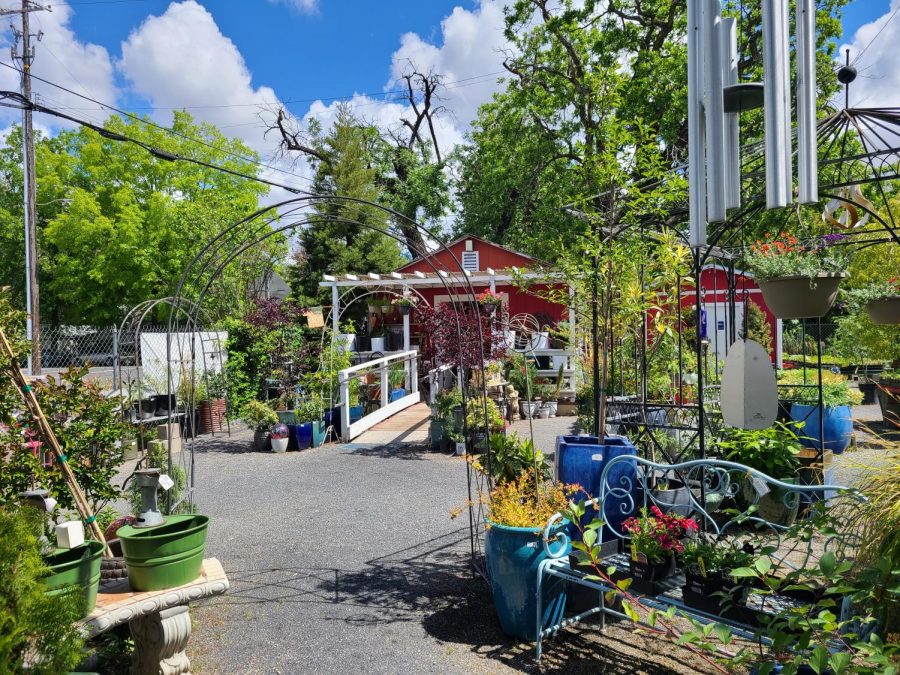
Little Red Hen’s executive director and founder, Teresa Wolk Hayes, conceived the idea for the nursery when she used gardening to support her 3-year-old son. She said gardening’s therapeutic benefits invoke a “feeling of accomplishment” that’s gained through the process of cultivation.
As gardeners, we write a seed-to-food story that reciprocates in the end. That feeling gave me strength during last year’s lockdown amid worries about food security.
Hayes estimated the increase in plant sales — especially houseplants — to be related to isolation from social distancing and quarantine.
She advised that observance is key when learning to garden, noting overwatering as a common problem. “Watering is the hardest thing in a nursery,” Hayes said. Drought-tolerant plants are great beginner choices, given Butte County’s climate and California’s recurrent droughts.
Well-documented evidence validates gardening’s power to restore health and wellbeing. Sunlight regulates serotonin, a brain chemical, or neurotransmitter, that elevates the mood. Sun rays provide vitamin D, which plays a role in serotonin synthesis.
A Canadian study recorded experiences of secondary school-aged children engaged in gardening. One student said they had noticed a benefit in “planning and doing something instead of just worrying about my homework,” calling the experience “my safe place where I escape from my problems and embrace the things that make me happy.”
Paradise Community Guilds board member and garden director Jennifer Petersen continues to rebuild Paradise’s community gardens after the destruction caused by the Camp Fire in 2018. The Guilds currently offer free plots while they’re still available.
The Butte County Local Food Network made her efforts possible through their creation of a coalition of community gardens throughout the county. Having formed since the Camp Fire, the network welcomes all who are interested to participate in their gardens.
After the fire, Petersen found therapy in “just being able to nurture something and watch it grow,” underlining the importance of having space where people can gather to “work on building something new.”
Touching on food security, Petersen added that urban gardening and other small-space methods — like using window sills, balconies and potato barrels — eases the restriction of garden space.
Petersen said that food security can be addressed through educating people on how to grow and knowing where our food comes from. Since fossil fuel is widely used in agricultural production, I agree with her claim that seasonal and local production improves the economy and the environment.
Petersen oversees the Paradise Seed Lending Library, serving all of Butte County but with emphasis on the Paradise and Magalia areas. The library currently operates a mobile doorstep-delivery service. The Butte County Library in Paradise reopened, which makes the Seed Lending Library able to stock seeds on their shelves again.
Unfortunately, Petersen said that the Seed Lending Library “lost a lot of membership” since the pandemic. Having facilitated seed swaps for six years, their next one will be this fall. Those who want to order seeds can contact them through their Facebook page.
Community efforts to restore sustainability and teach self-reliance persists in spite of our struggles. Along with the county’s Local Food Network, Camp Fire Restoration Project group played a huge role in restoring Paradise and helping rebuild the gardens. Such help included giving trees away and educating locals about care and planting.
My garden story spans across a variety of climates and states since 2014. I downsized in space, resources, plants and time once I became a full-time college student. When the pandemic struck last year, empty grocery shelves and reports of food insecurities signaled for me to revive my past commitment to gardening.
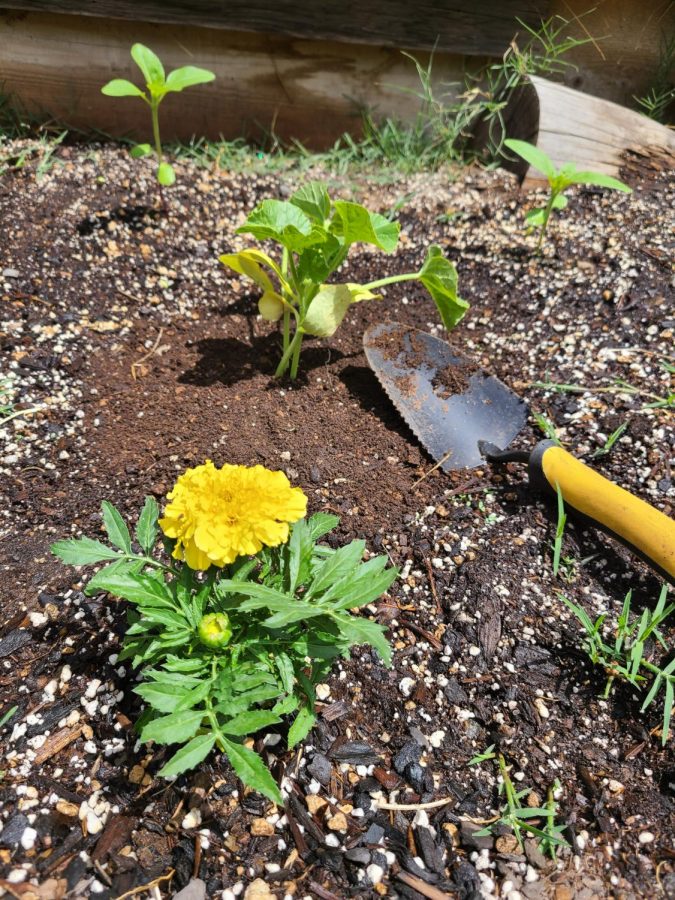
I yielded enough vegetables for donations and personal storage, along with recovering my peace of mind from the backburner where it sat since I became a student, slowly simmering with anxiety. Gardening’s metaphorical lessons teach valuable skills in coping with life.
The Canadian study on children’s gardening experiences also stated that “[o]bserving the natural cycle of new growth and budding of the plant also becomes a metaphor for patience, possibilities, and recognition of the natural cycles in life.” This apt realization reflects our daily reality.
Weeds pose a metaphorical problem in the garden. Their tendency to choke my efforts teaches patience and diligence. Many of my problems’ roots run deep, but they’re nothing I can’t get to the bottom of.
I recently dealt with a stray cat who’s been posing another problem by uprooting some young plants to get to the yummy, organic fertilizer that’s deep in the soil.
After a few shopping trips and some low-budget improvisation, I realize this cat is a lot like my other problems in life — forcing my creativity out of the box and into my personal investments. Anything worth doing is worth the challenge.
Overcoming obstacles in the garden and achieving cultivation gives me the confidence to control my life by addressing my wellbeing and working toward progress.
Shae Pastrana can be reached at [email protected] or on Twitter @Hungry2grow
